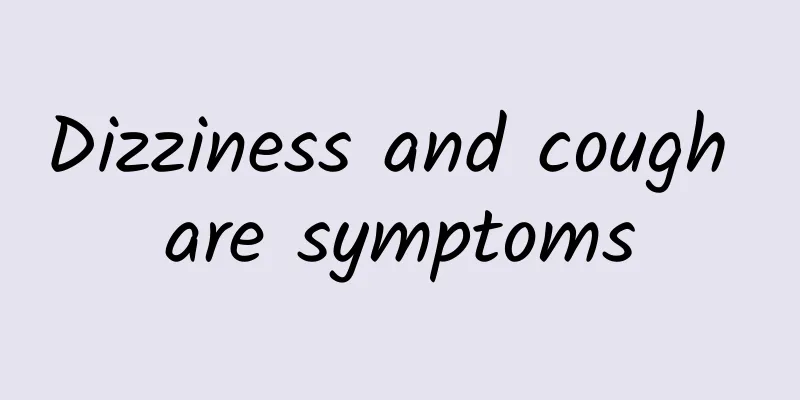Is Meniere's syndrome hereditary?

|
Meniere's syndrome has a certain relationship with genetics, especially in patients aged 20 to 40. They show symptoms such as dizziness due to vestibular stimulation, or nausea, vomiting, etc. In the face of this problem, it is necessary to pay attention to treatment. 1. The official name of Meniere's disease is now "Meniere's disease" , which has almost become synonymous with vertigo. In fact, Meniere's disease is just one of the diseases that cause vertigo, and there are not as many as you might think. 2. Meniere's disease mostly occurs between the ages of 20 and 40, with a similar incidence in men and women . It is also related to genetics. Its basic pathological feature is that some reason leads to endolymphatic edema in the inner ear. There is water in the semicircular canals and cochlea of the inner ear, which is called endolymph. Excessive secretion of endolymph causes expansion and leads to endolymphatic edema, so there will be a feeling of fullness in the ear during an attack. 3. The characteristics of an attack of Meniere's disease are: due to stimulation of the vestibular apparatus, the patient suddenly feels dizzy and about to fall. The onset is acute, and the patient feels that he or she or the surrounding objects are spinning, tumbling, and swaying, accompanied by spontaneous nystagmus and autonomic nervous system symptoms such as pale complexion, nausea, vomiting, and sweating. The above symptoms will gradually disappear after about three to four hours, just like the feeling of the sky clearing up after a storm. If untreated, vertigo will recur and the patient's hearing will decrease in waves. 4. The vertigo of Meniere's syndrome often lasts for a few minutes or hours before it is relieved naturally, rarely exceeding 12 hours. The disease is often triggered by emotional tension, anxiety and fatigue. Some patients have precursor symptoms such as a feeling of heaviness or blockage in the ears, and fever around the ears. Some patients have attacks without any warning or triggers, and they just happen at any time. It is often accompanied by severe nausea, vomiting, tinnitus, deafness and a feeling of blockage in the ears. There are intervals between attacks, which vary in length. 5. Patients with vertigo caused by Meniere's syndrome experience hearing loss during an attack , which basically recovers after the symptoms are relieved, and tinnitus may become persistent. The patient's hearing loss fluctuates. Early deafness is reversible, and hearing fluctuates significantly between attacks. Hearing loss in Meniere's disease can gradually worsen after several attacks within 1-2 years, and even lead to complete deafness. In short, hearing deteriorates as the disease progresses. |
<<: What is the difference between cosmetic lenses and contact lenses?
>>: How to effectively treat optic atrophy
Recommend
What to do if you feel nauseous
Many people experience nausea, so what should we ...
Occasional nipple discharge
Occasional nipple discharge is actually a very co...
Can Pueraria lobata and Cephalexin be taken together?
In real life, Pueraria lobata and cephalexin are ...
Moxibustion for knee joint
Although the knee joint plays a very important ro...
What are the medicinal values of Michelia
Michelia has many aliases, such as banana flower,...
What are the medicinal values of the sparrow?
The Java sparrow is a migratory bird that migrate...
Urticaria vaccine precautions
In order to ensure that the baby can grow up heal...
Take Panax notoginseng, Astragalus and Salvia miltiorrhiza together
Although we use some Chinese medicine in our dail...
Three major indicators of heart failure
For patients with heart failure, timely treatment...
How to treat foot warts
Many people walk frequently, and long-term pressu...
Symptoms of intramuscular injection into the sciatic nerve
Sciatica pain is mainly caused by low back pain. ...
What is the role of mother-of-pearl
Pearls must be familiar to everyone. They are ver...
How to treat facial eczema
Eczema is actually a skin problem. In addition to...
Tangerine peel foot bath dosage
Tangerine peel is the peel of oranges, and it has...
What medicine should I take for heart block
The heart plays an important role in our neural t...









